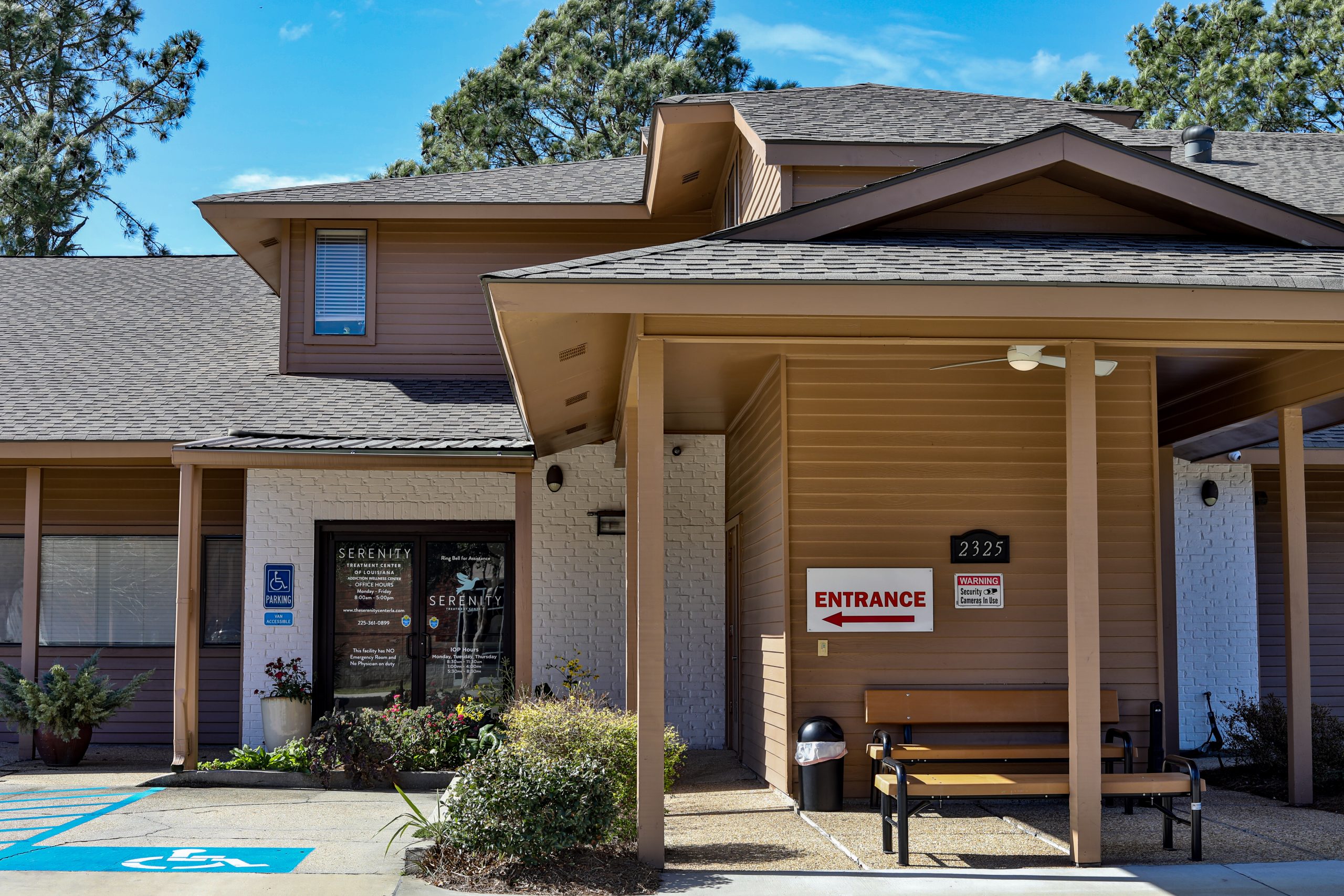The Serenity Treatment Center of Louisiana recognizes the importance of addressing the familial aspect of addiction recovery by offering family therapy in drug rehab as part of its comprehensive treatment program. Here is an overview of the multifaceted benefits of incorporating family therapy into drug rehabilitation and its profound impact on families.
What is Family Therapy in Drug Rehab?
Family therapy is a form of psychotherapy that involves the participation of family members in the treatment process. It aims to improve communication, resolve conflicts, and strengthen the family system. In the context of drug rehabilitation, family therapy addresses the dynamics that contribute to substance abuse and helps to create a supportive environment for recovery.
Benefits of Family Therapy in Drug Rehab
There are many benefits of family support in rehab. Incorporating family therapy can help by:
Enhanced Communication
One of the primary benefits of family therapy is the improvement of communication within the family. Addiction often leads to breakdowns in communication, resulting in misunderstandings, resentment, and emotional distance. Family therapy provides a structured setting where family members can express their feelings and concerns openly. Therapists facilitate these conversations, ensuring that they are constructive and empathetic. Improved communication helps to rebuild trust and fosters a more supportive environment for the recovering individual.
Addressing Co-Dependency
Co-dependency is a common issue in families affected by addiction. Family members may develop unhealthy coping mechanisms, such as enabling the addict’s behavior or neglecting their own needs. Family therapy helps to identify and address these patterns, promoting healthier relationships. By understanding the dynamics of co-dependency, family members can learn to set boundaries and support the recovering individual more effectively.
Education and Awareness
Family therapy provides an opportunity for education about addiction and its effects. Many family members may not fully understand the nature of addiction, leading to misconceptions and stigma. Therapists can provide valuable information about the disease model of addiction, the impact of substances on the brain, and the recovery process. This knowledge empowers family members to approach the situation with empathy and informed support.
Emotional Support
Addiction takes an emotional toll on the entire family. Feelings of guilt, shame, anger, and helplessness are common among family members. Family therapy offers a safe space for individuals to process these emotions and receive support from both the therapist and other family members. This collective emotional support can alleviate the burden of isolation and foster a sense of unity in facing the challenges of recovery.
Relapse Prevention
Family involvement is crucial in preventing relapse. A supportive family environment can significantly reduce the risk of relapse by providing encouragement, accountability, and a sense of belonging. Family therapy equips family members with the skills to recognize early signs of relapse and intervene appropriately. This proactive approach can help the recovering individual stay on track and maintain their sobriety.
Strengthening Family Bonds
Addiction often strains family relationships, leading to conflicts and estrangement. Family therapy aims to heal these rifts and strengthen family bonds. Through guided discussions and therapeutic exercises, family members can rebuild trust, resolve conflicts, and develop a deeper understanding of each other. A strong family bond provides a solid foundation for the recovering individual to rely on during their journey to sobriety.
Holistic Approach to Recovery
Recovery is not just about abstaining from substances; it involves addressing the underlying issues that contribute to addiction. Family therapy takes a holistic approach by considering the emotional, psychological, and social aspects of recovery. By involving the family, the treatment process becomes more comprehensive and effective. This holistic approach increases the likelihood of long-term success in recovery.
Contact the Serenity Treatment Center of Lousiana
Family therapy can lead to significant improvements in family dynamics. By addressing underlying issues and promoting healthy communication, families can develop more functional and harmonious relationships. Contact the Serenity Treatment Center of Louisiana by calling us at (225) 361-0899 or filling out our online form.










